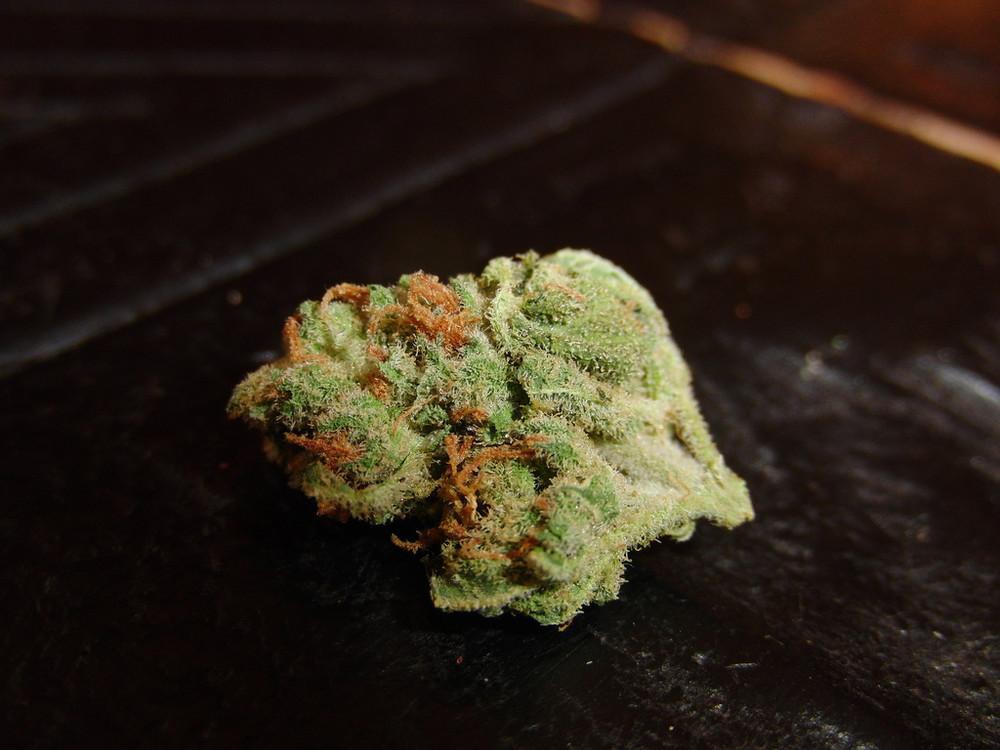By Rachel Browne

Photo via Flickr user Retinafunk
But consumers can expect to pay higher prices for legal cannabis compared to products found in the black market. If the price per legal gram hovers around $8 or $9 with taxes, which is the estimated going rate of illegal product right now, provincial and federal governments could see revenues of about $600 million.
An economist from CIBC had predicted earlier this year that the government could rake in $5 billion a year from the legal pot industry.
The report released Tuesday by the office of the parliamentary budget officer provides a glimpse into Canada's recreational weed economy ahead of the Liberals' plan to introduce legislation to legalize marijuana for recreational use next spring. A special task force on marijuana legalization is expected to release its recommendations on the matter later this month.
At the moment, only people or companies with special licenses from Health Canada are allowed to grow and consume cannabis—and only for medical purposes.
Depending on how fast the legislation moves through parliament, legal weed sales could begin as early as 2018. Canada could then become the second country after Uruguay to legalize cannabis at a federal level, and is poised to become the biggest, most sophisticated marijuana market in the world.
Prime Minister Justin Trudeau campaigned on a promise to "legalize, regulate, and restrict" cannabis to keep it out of the hands of children. But the report stokes long-held fears among consumers that the product is only going to get more expensive under legalization.
"Even with only a sales tax, legal cannabis prices in 2018 will likely be as high as illicit market prices in 2015-2016," says the report, which adds that the current average price of illegal product ranges from $8.32 and $9.36 per gram. "Excise taxes will likely push the legal price above the illicit price observed in 2015-2016."
Products beyond dried cannabis, such as edibles and concentrates, may require "entirely different approaches to taxation."
The
report urges the government to consider the tax implications at play in
achieving its goals: discouraging cannabis use among young Canadians,
and curbing the profits from the black market. If the prices are too
high, "more Canadians will purchase cannabis on the illicit market," the
report states.
Already, cannabis is the most commonly
used illicit drug in Canada. Under legalization, the report predicts
that by 2018, around 4.6 million people in Canada 15 years and older
will consume cannabis—about 655 metric tons of it. By 2021, when the
market is more mature, that number that's expected to rise to 5.2
million people, for a total of 734 metric tons.
There
has long been a battle between individual cannabis consumers and growers
on one side, and the federal government and big medical marijuana
companies on the other. Earlier this year, a BC court ruled
that medical marijuana patients could grow their own product. This
presented a slight hurdle for the big marijuana companies (also known as
licensed producers), which have been positioning themselves to dominate
the supply chain of both medical and legal cannabis in Canada.
The
report gives thanks to a handful of these licensed producers, including
heavyweights Tweed and Tilray, "who graciously provided data and
clarifications."

No comments:
Post a Comment